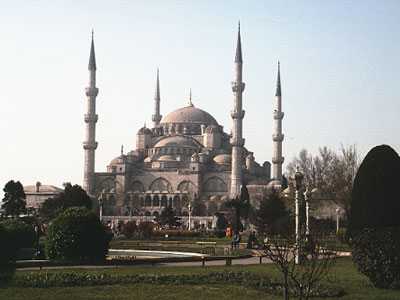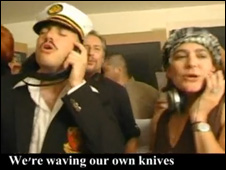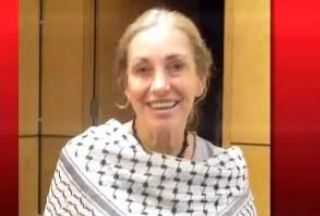The Irish Times, World, pg. 11
June 15, 2010
EUROPEAN DIARY: Ankara says it has not turned its back on the West but it is keeping its options open by building trade and diplomatic links with its neighbours, writes ARTHUR BEESLEY
US defence secretary Robert Gates pinned the blame on Brussels when Turkey voted with Brazil against new sanctions on Iran in the UN Security Council.
With relations between Turkey and Israel at their lowest level for decades in the wake of the fatal Israeli assault last month on the Gaza-bound aid flotilla, the development struck observers as a further sign that Ankara was reorienting its foreign policy away from the west.
With EU accession talks going nowhere, Turkey’s relations with Iran and Syria are thawing and the US-led invasion of Iraq in 2003 still rankles badly with Turks.
Washington looks on anxiously. “I personally think that if there’s anything to the notion that Turkey is moving eastward, it is in no small part because it was pushed by some in Europe refusing to give Turkey the kind of organic link to the West that Turkey sought,” Gates said in London after the UN vote.
“We have to think long and hard about why these developments in Turkey [are occurring] and what we might be able to do to counter them and make the stronger linkages with the West more apparently of interest and value to Turkey’s leaders.”
Brussels denied any rift, as did Turkish prime minister Recep Tayyip Erdogan.
“Those who allege that Turkey has broken away from the West are the intermediaries of an ill-intentioned propaganda,” he said.
But the fact remains that Turkey’s application to join the EU is on the back burner and is likely to remain there for some years to come. Although the process is bogged down in procedure, the over-riding issue is that neither French president Nicolas Sarkozy nor German chancellor Angela Merkel wants Turkey in the EU.
Ostensibly, the blockage stems from Ankara’s refusal to recognise Cyprus, an EU member since 2004, or open Turkish ports to vessels from it.
Ankara is obliged to do this under its customs union with the EU but refuses because Europe will not agree to open trade with the self-styled Turkish Republic of Northern Cyprus.
The result is stasis, with neither Turkey nor the European authorities willing to jump first. EU officials readily acknowledge, however, that the breakdown reflects Franco-German resistance to Turkish membership.
With talks on many EU policy areas in suspension, Turkey has been hedging bets in its foreign policy, using trade as a lever.
The country has targeted neighbouring and non-EU countries in its trade policy for years, as well as Africa and Latin America.
The shift has seen Russia supplant Germany as the country’s biggest trading partner. Between 1991 and 2008, Turkey’s trade with its neighbours grew more than 20 times.
At its root, indeed, the current foreign policy is cast as a means of having “zero problems with neighbours”.
This also reflects private opinion within the apparatus of the Turkish state that the EU’s “Christian club” will never admit a largely Muslim country such as Turkey.
In this view, Turkey would be better to forge an independent future as a global player – and a regional power in counterweight to the might of Russia and Iran.
All of that smacks of pragmatism on Ankara’s part – and ties in neatly with Erdogan’s increasing international assertiveness.
Turkey mediated between Israel and Syria, before the military campaign that Israel unleashed in Gaza in December 2008 brought talks to a halt and led to a marked deterioration in Ankara’s relations with Israel.
Even if EU membership remains Turkey’s ultimate goal, Erdogan’s increasing assertiveness has deep resonance for his domestic audience.
In a vast country that plays on its status as meeting point between the eastern and western worlds, his international profile appeals to Turkish pride.
For the opposite reason, dictates from Brussels around the adoption of EU-style legislation go down very badly indeed.
Although the country’s Muslim identity is problematic for certain Europeans, close observers of the accession process in Brussels perceive an “anti-European, anti-democratic” strain in the Turkish army. This, too, presents difficulty because the military is guardian of the secularism of the Turkish state.
These are long-term issues, however, for neither Brussels nor Ankara wants to force the pace of a process that is barely moving at all.
In Luxembourg yesterday, Gaza and Iran dominated the agenda when EU foreign ministers convened for their monthly meeting.
It’s unlikely that the Turkish minister will be attending such gatherings any time soon.
URL:
Copyright 2010 The Irish Times
—








